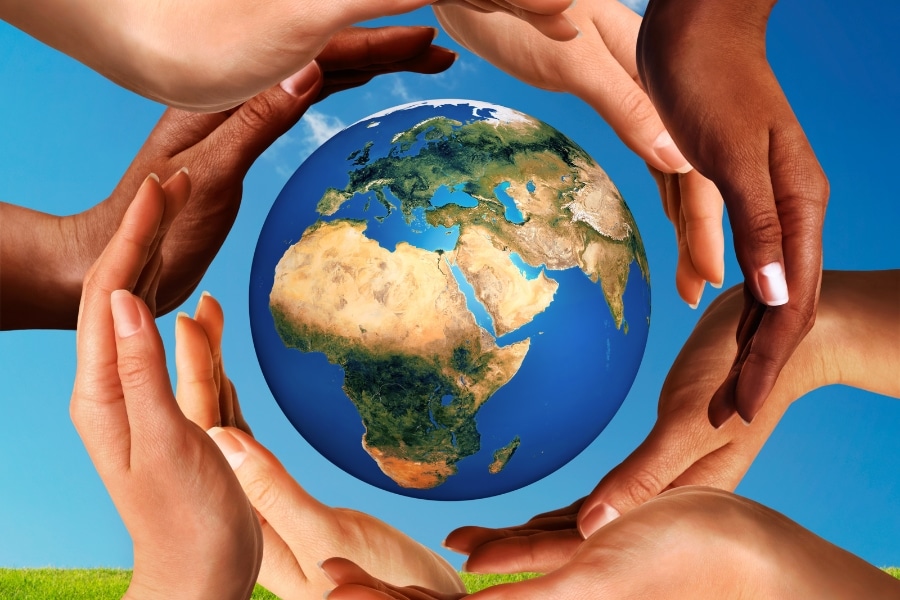Following a well-balanced plant-based diet offers numerous benefits. Want to lose weight? Go vegan! The high-fiber diet helps you shed a few pounds and lower fat content in the body, naturally reducing the risk of various chronic diseases as well. While incredibly beneficial for the body and the environment, a vegan diet does require a little more attention.
Excluding animal products from the diet may leave you susceptible to vitamin and mineral deficiencies. Here are 4 supplements that you might incorporate within your vegan diet.
Vitamin B12
Vitamin B12 is an essential nutrient for the body as it fuels protein metabolism as well as the formation of red blood cells that prevent anemia. A deficiency in the nutrient can lead to nervous system failure, bone diseases, and even an increase in the risk of infertility.
Many plant-based foods contain a high amount of vitamin B12, which is why there is a prevalent misconception that vegans are not at risk of vitamin B12 deficiency. However, because the body absorbs a small amount of B12, you will have to intake foods rich in the nutrient at least twice or thrice a day to meet the minimum required dosage or fulfill intake via supplements.
Omega 3 Fatty acids
Fatty fish and fish oils are the main sources of omega 3 fatty acids which the body converts to long-chain omega 3 fatty acids, EPA and DHA, which are ideal for brain development. Hemp seeds, chia seeds, and flax seeds make good sources of Omega 3. However, EPA and DHA can only be obtained from fatty fish and fish oils.
Since vegans do not consume any animal by-products, consuming supplements to ensure they meet the required daily amount of EPA and DHA, which is around 200 to 300mg, is a must. They can also include algae oil in their diet as a supplement.
Iron
Heme and non-heme are the two main forms of iron. Heme iron is easily absorbed in the body, but it is found only in animal-based sources. Plant-based sources contain non-heme iron, which is harder to absorb.

Those following a plant-based diet must consume almost double the recommended daily amount to meet the minimum requirements. While including iron-rich foods such as beans, peas, dried fruits, or increasing intake of iron-fortified foods can prove beneficial, you should also consider taking iron supplements.
Iodine
Adequate iodine intake is essential for maintaining optimal thyroid function. It also helps maintain ideal metabolism and is a particularly crucial nutrient for pregnant women. Iodine concentration in plant-based food sources depends upon iodine concentration in the soil. Only iodized salt and seaweed are the only consistently iodine-rich food sources.

Pregnant and breastfeeding women need around 220mcg to 27mcg of iodine daily. Adults need 150mcg of the nutrient that they can easily obtain via iodine supplements.
A well planned vegan diet can help you meet all your nutritional requirements. However, ensuring adequate intake of all essential vitamins and minerals via diet alone can be quite challenging. They are at higher risk of developing deficiencies, especially if they do not pay close attention to the nutritional profile.




